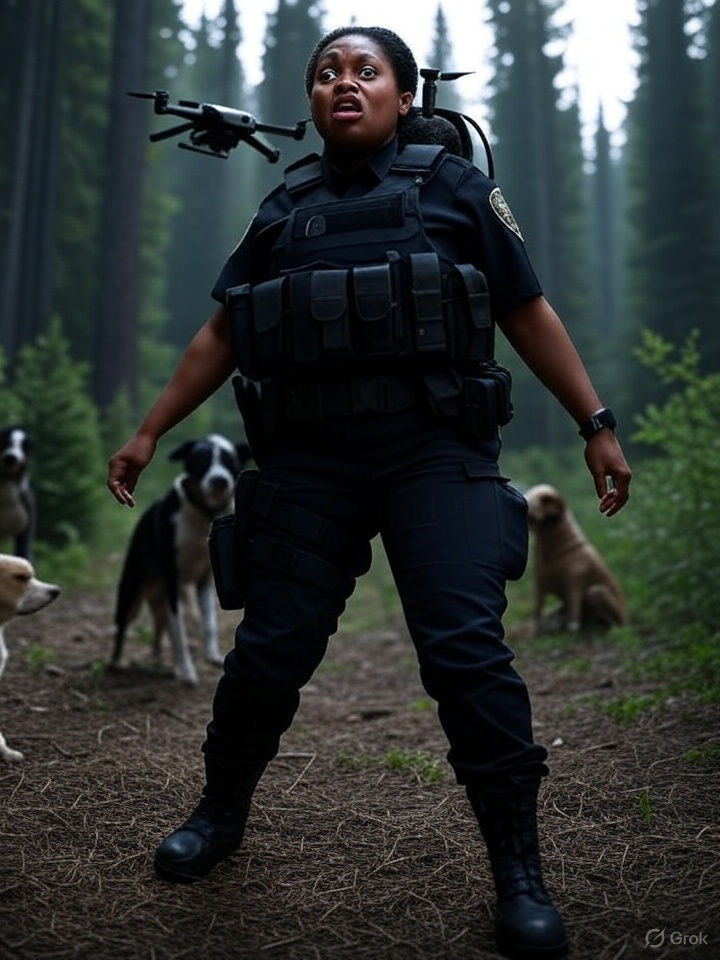Movie: "The Manchurian Candidate" (2004): A Disturbingly Resonant Political Thriller
- ChatGPT
- Aug 11, 2023
- 3 min read
Jonathan Demme's 2004 remake of the classic political thriller, "The Manchurian Candidate," is a chilling and thought-provoking film that navigates the murkier corners of power, corruption, and conspiracy in a modern political landscape. This adaptation, starring Denzel Washington, Meryl Streep, and Liev Schreiber, stands strong, resonating with a contemporary audience while paying homage to its 1962 predecessor.
Washington's character, Major Ben Marco, anchors the narrative. Haunted by a recurrent nightmare about an incident during the Gulf War, Marco grapples with his increasingly unstable reality. The dreams seem to contradict the official record of events — a heroic act by Sergeant Raymond Shaw (Liev Schreiber) that led to his Congressional Medal of Honor. However, the inconsistencies within his mind force Marco on a quest for the truth, leading him towards a horrifying discovery.
The casting choices are astute. Denzel Washington, with his combination of charisma and gravitas, renders a captivating portrayal of a man questioning his own sanity. He infuses Marco with a sense of urgency and desperation that keeps the audience invested in his journey. Liev Schreiber provides a complex portrayal of Raymond Shaw, a man seemingly at odds with himself. His performance humanizes a character that could have been one-note, adding layers of depth.
Meryl Streep as Eleanor Prentiss Shaw, Raymond's mother and the senator with soaring ambition, is the film's ace. Eleanor's ruthlessness, coupled with her maternal instincts, paints an unsettling picture of power and ambition. Streep plays the character with a formidable intensity that commands the screen, making Eleanor a mesmerizing figure of manipulation and control.
The screenplay by Daniel Pyne and Dean Georgaris deviates enough from the original to adapt to the current socio-political climate, but retains enough elements to keep the core essence intact. It's in this balancing act that the film truly shines, navigating issues like corporate influence in politics, the misuse of war heroes for political gain, and the manipulation of public perception.
Demme's direction is deft, creating an atmosphere of paranoia that builds steadily. The filmmaking style is a potent blend of classic political noir and contemporary thriller, which delivers a sense of immediacy to the story. Demme uses a plethora of close-ups to mirror the characters' psychological turmoil, and the film's visual palette oscillates between muted colors for the present and hyper-saturated hues for Marco's dreams, creating a disconcerting dichotomy.
The film also deserves praise for its commentary on the manipulation of war for political gain. The way it positions war heroes as political pawns, susceptible to puppetry by powerful figures, is a narrative choice that rings true in the 21st-century political climate.
Yet, the film isn't without its shortcomings. Some might argue that the plot relies too heavily on coincidences and some characters, like Rosie (Kimberly Elise), don't get their due in terms of character development. However, these minor drawbacks do not significantly diminish the overall impact of the film.
Moreover, the climax, while emotionally gripping, may feel somewhat rushed. Despite this, it delivers a powerful punch, leaving the audience with an unsettling feeling that lingers long after the credits roll.
"The Manchurian Candidate" (2004) is a testament to how a well-executed remake can breathe new life into an old narrative. It merges elements of political noir with the thriller genre to create a chilling and deeply unsettling commentary on power, corruption, and manipulation in modern-day politics. Bolstered by outstanding performances from its leads and a tension-laden direction by Demme, it's a film that warrants attention for its relevance in our current times.
In the realm of remakes, "The Manchurian Candidate" stands out, not just as a tribute to the original, but as a disturbing and resonant piece of cinema in its own right. It is a chilling exploration of power, manipulation, and the lengths to which people will go to maintain control — themes that are as relevant today as they were when the original film was released in 1962.


Comments